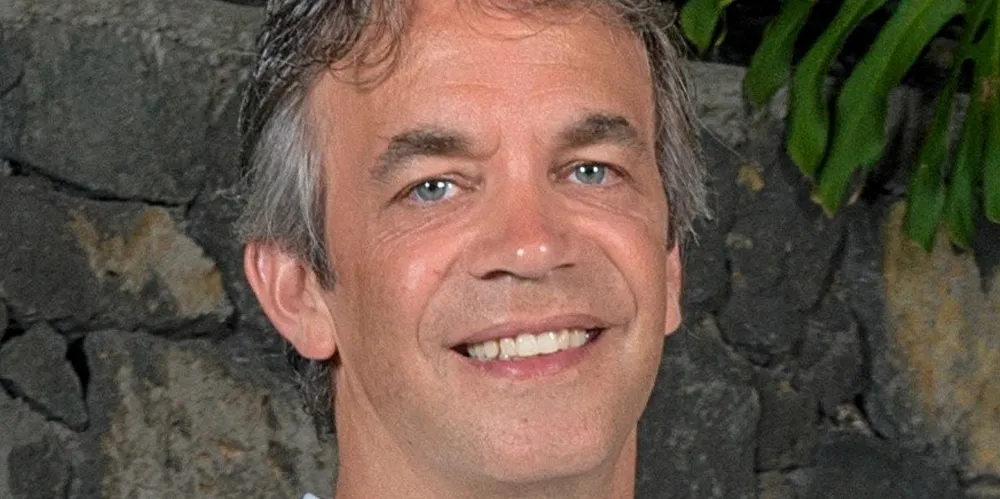Emerging markets must act on 'myriad challenges' to grasp offshore wind opportunity: World Bank
Governments urged by bank to enshrine policies and deployment targets that will attract industry and financiers, to capitalise on clean power and economic development sector could bring

The World Bank has stressed to governments in emerging offshore wind markets around the world that they will need to move quickly to enshrine policies and deployment targets that will “create an attractive environment” for developers and financiers, if they are to capitalise on the clean power production and economic development potential that the sector could bring to their countries.
“Offshore wind is a promising option for large-scale decarbonisation of energy systems in developing countries that must be optimised in order to meet the goals of the Paris Agreement,” said Demetrios Papathanasiou, global director for the World Bank’s energy and extractives division.
“Development of offshore wind will also increase energy access and foster the creation of a dynamic industry that drives creation of long-term, skilled jobs. The World Bank stands ready to work with governments to create an enabling environment for the successful development of offshore wind markets in developing countries.”
But, he added: “Decision-makers must strike a careful balance as they consider a myriad of technical, political, environmental, and social challenges.”
“Creating an attractive environment for international financing, and providing bankable power offtake for projects, government [is key],” said the report authors, which made four cornerstone recommendations:
- recognising that offshore wind, due to its large scale and high complexity, is “significantly different” from other forms of renewable energy, and needs “strong, proactive government support to achieve the huge benefits it can bring”;
- integrating offshore wind into a long-term energy strategy that “provides certainty through policy commitments to target volumes and dates”;
- coordinating agencies to set up robust frameworks with clear processes in line with best international industry practice; and
- collaborating with industry and stakeholders, to us make optimal use of feedback on “learning and experience… to improve policy, frameworks, and delivery”.